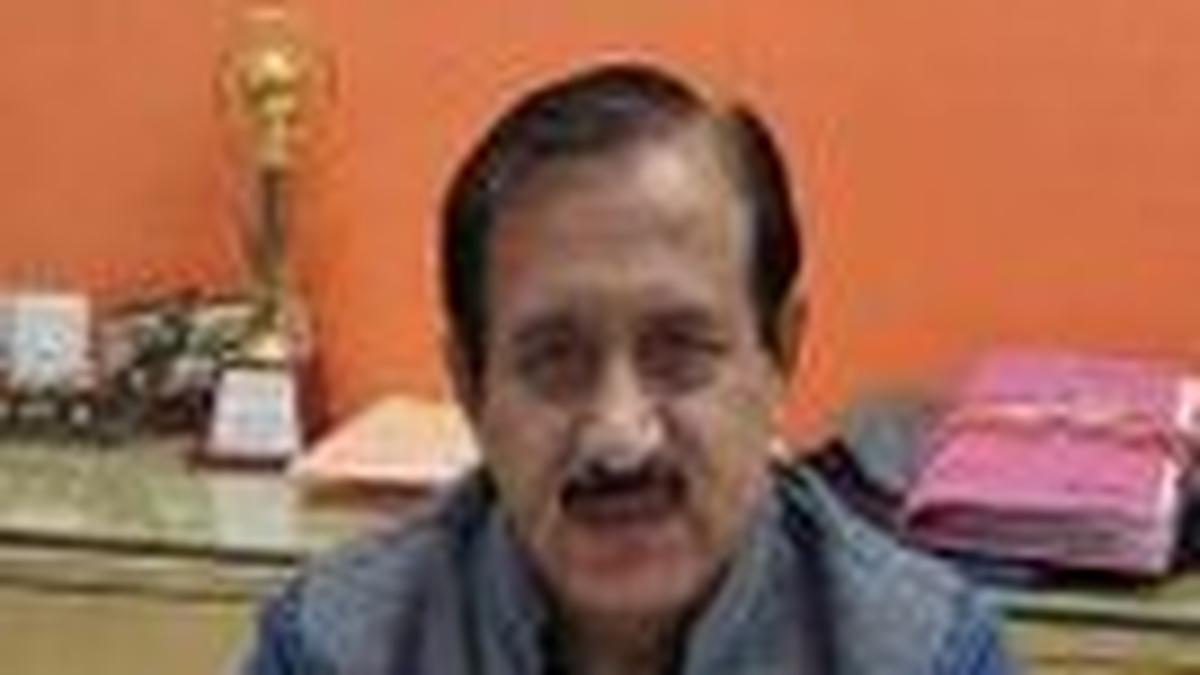 |
|
The Supreme Court of India delivered a significant ruling on Wednesday, February 12, 2025, ordering the immediate removal of Dr. Anil Khurana from his position as chairperson of the National Commission for Homoeopathy (NCH). The court's decision, which overturned a previous ruling by the Karnataka High Court, stems from a legal challenge questioning the legitimacy of Dr. Khurana's appointment. The justices, Dipankar Datta and Manmohan, found that Dr. Khurana's appointment process did not adhere to the legal requirements outlined in the National Commission for Homeopathy Act, 2020. This landmark decision underscores the importance of adhering to established legal procedures in governmental appointments and highlights the Supreme Court's commitment to upholding the rule of law, even in specialized regulatory bodies.
The petitioner, Dr. Amaragouda L Patil, who had also applied for the chairperson position, argued that Dr. Khurana lacked the necessary experience stipulated under Sections 4(2) and 19 of the National Commission for Homeopathy Act, 2020. These sections detail the specific qualifications and experience required for individuals holding such a significant position within the regulatory framework of homeopathy in India. Dr. Patil's challenge successfully demonstrated that Dr. Khurana's credentials did not meet these legally mandated requirements. The Supreme Court, after careful consideration of the evidence presented, agreed with Dr. Patil's arguments, leading to the unprecedented decision to overturn Dr. Khurana's appointment and order his immediate removal from office.
The court's directive mandates Dr. Khurana to relinquish his position within one week of the ruling. While granting him a week to complete any ongoing non-policy related tasks, the order explicitly prohibits him from making any policy decisions, particularly those involving financial matters, during this transition period. This careful phrasing demonstrates the court's concern for maintaining the integrity and stability of the NCH during this period of transition. The ruling also emphasizes the need for a swift and efficient process to appoint a new chairperson who meets all the legal criteria. This ensures the NCH can continue its regulatory functions without further delays or legal challenges.
This case carries significant implications for the future of regulatory appointments in India. It sets a precedent for challenging appointments that do not adhere strictly to legal requirements. The ruling underscores the importance of transparency and accountability in the appointment process for all governmental and regulatory bodies. The case also highlights the role of the judiciary in ensuring that governmental bodies function within the confines of the law, preventing potential abuses of power and maintaining public trust in governmental institutions. The decision serves as a cautionary tale for future appointments, emphasizing the critical need for meticulous adherence to the letter and spirit of the law.
The aftermath of this ruling will likely see a renewed focus on the selection process for the NCH chairperson. The government will need to initiate a fresh appointment process, ensuring that all candidates meet the stipulated requirements and that the selection process itself is transparent and fair. This case serves as a reminder of the importance of robust legal frameworks and the vital role of the judiciary in protecting the rule of law and upholding the integrity of governmental institutions. The Supreme Court's strong stance sends a clear message: legal compliance is not optional in governmental appointments, and those who fail to meet the requirements will face consequences. The impact of this decision extends beyond the specific case, shaping future appointment practices and strengthening the principles of accountability within the Indian regulatory system.
Source: SC orders removal of chairperson of National Commission for Homoeopathy
